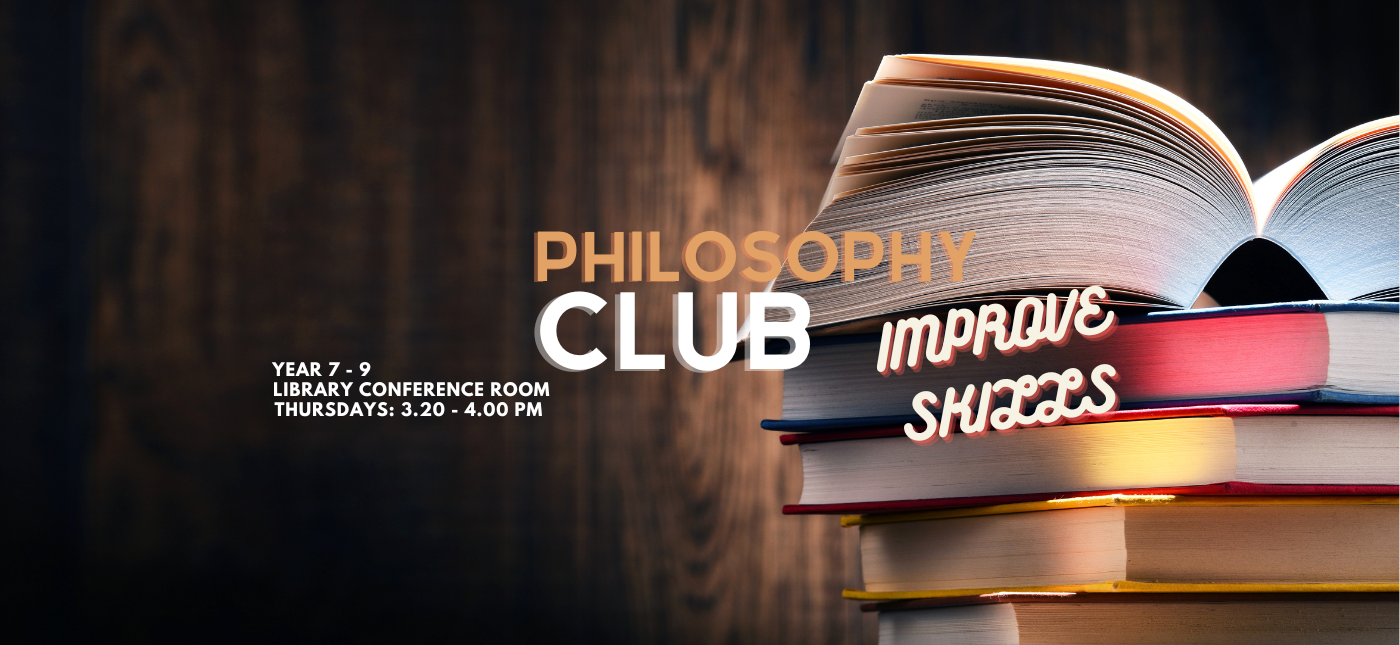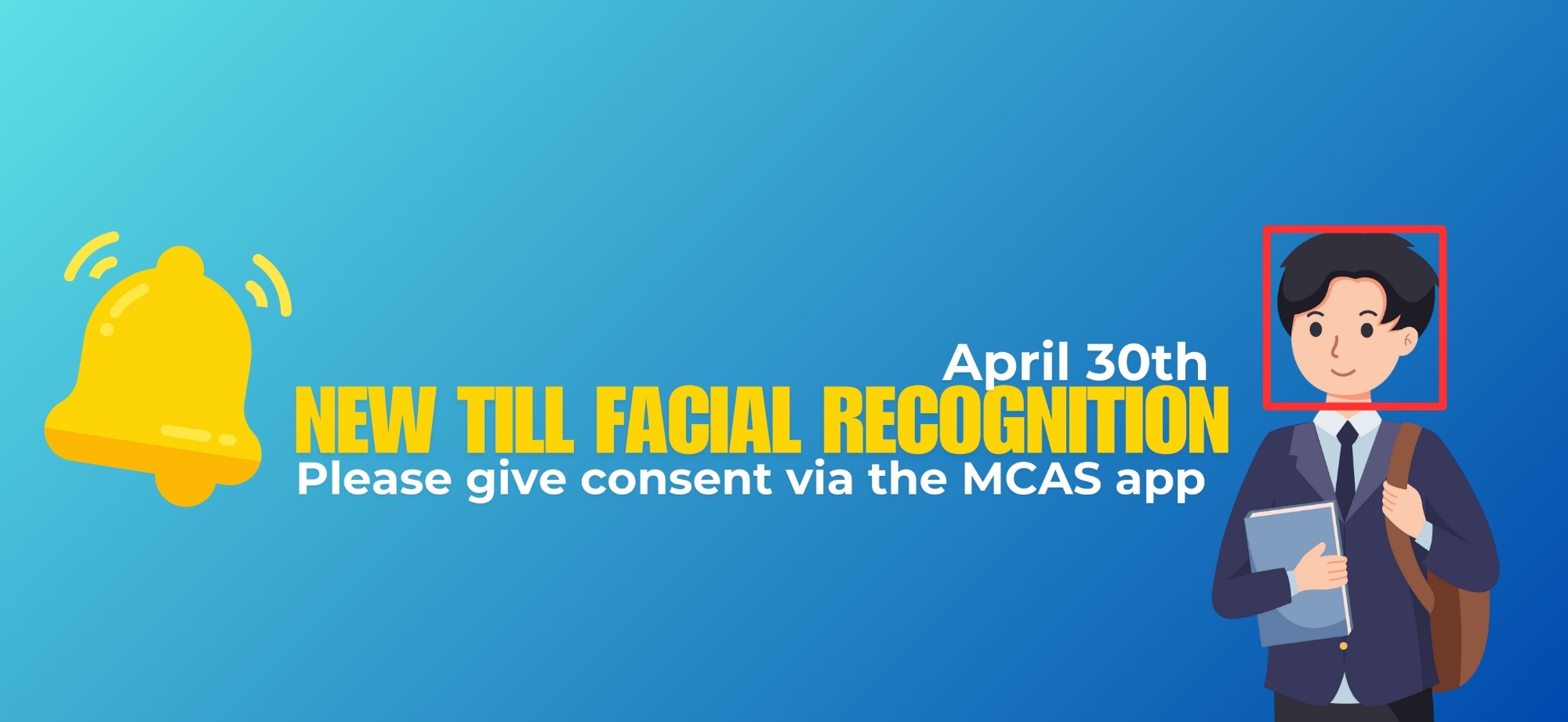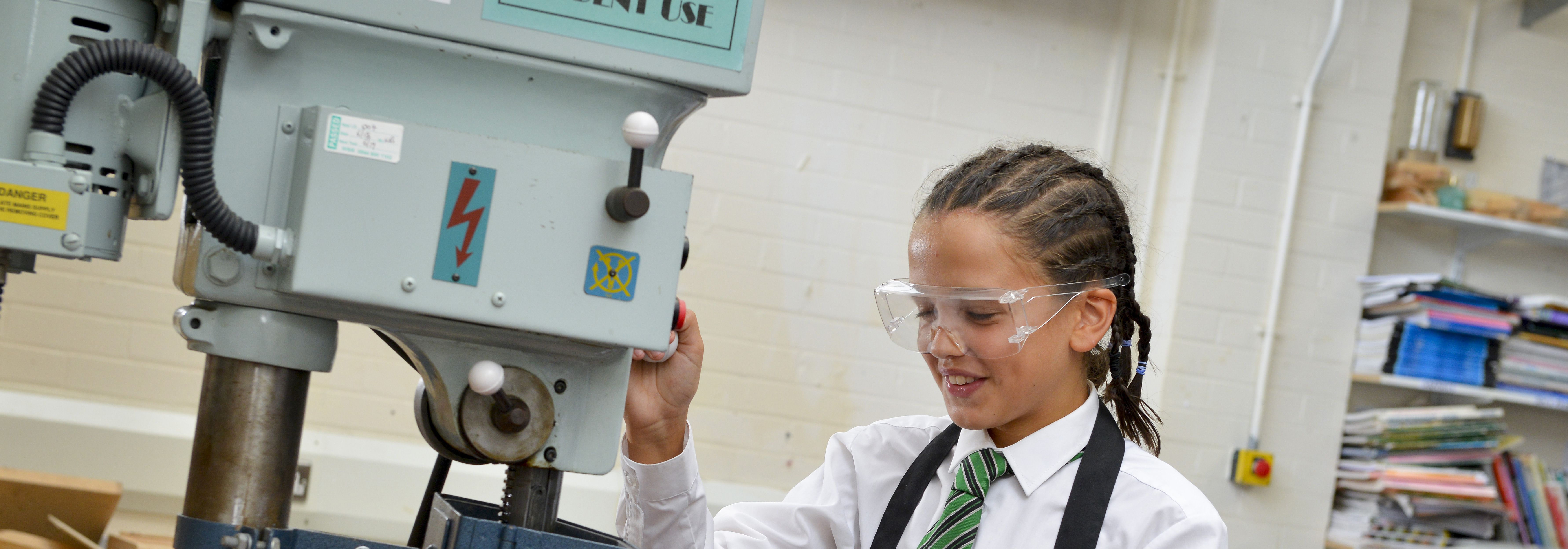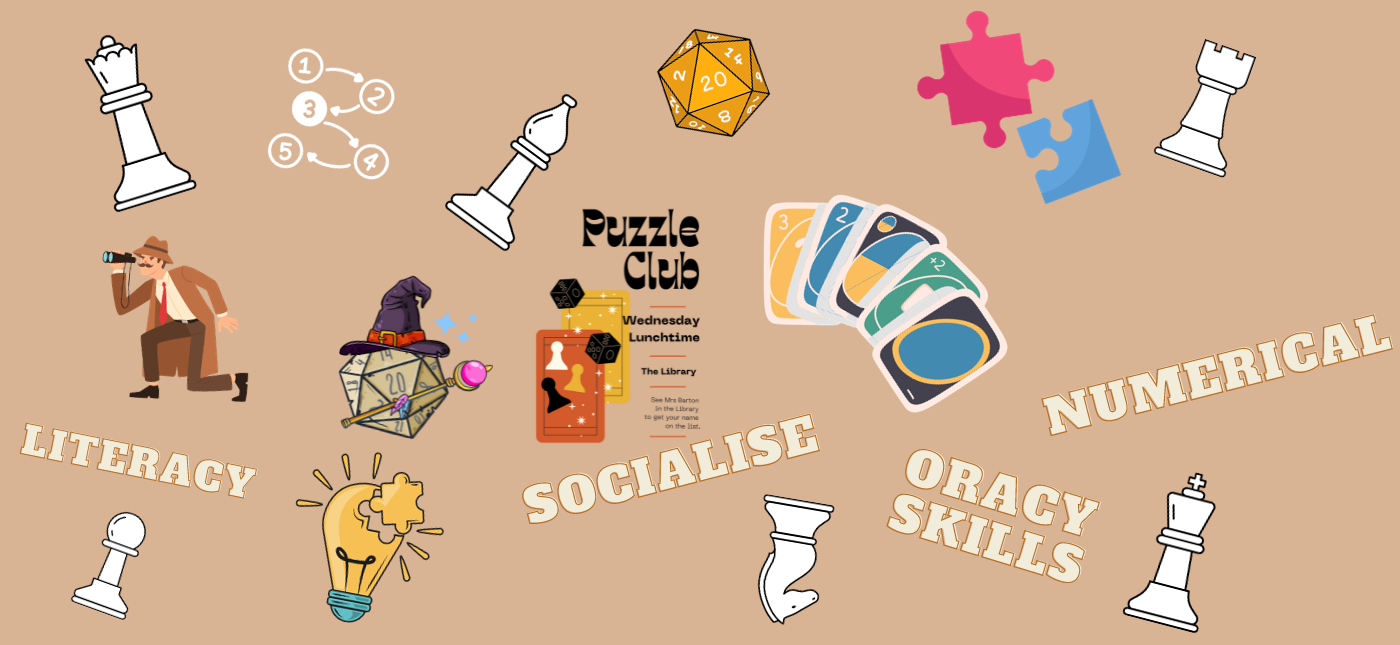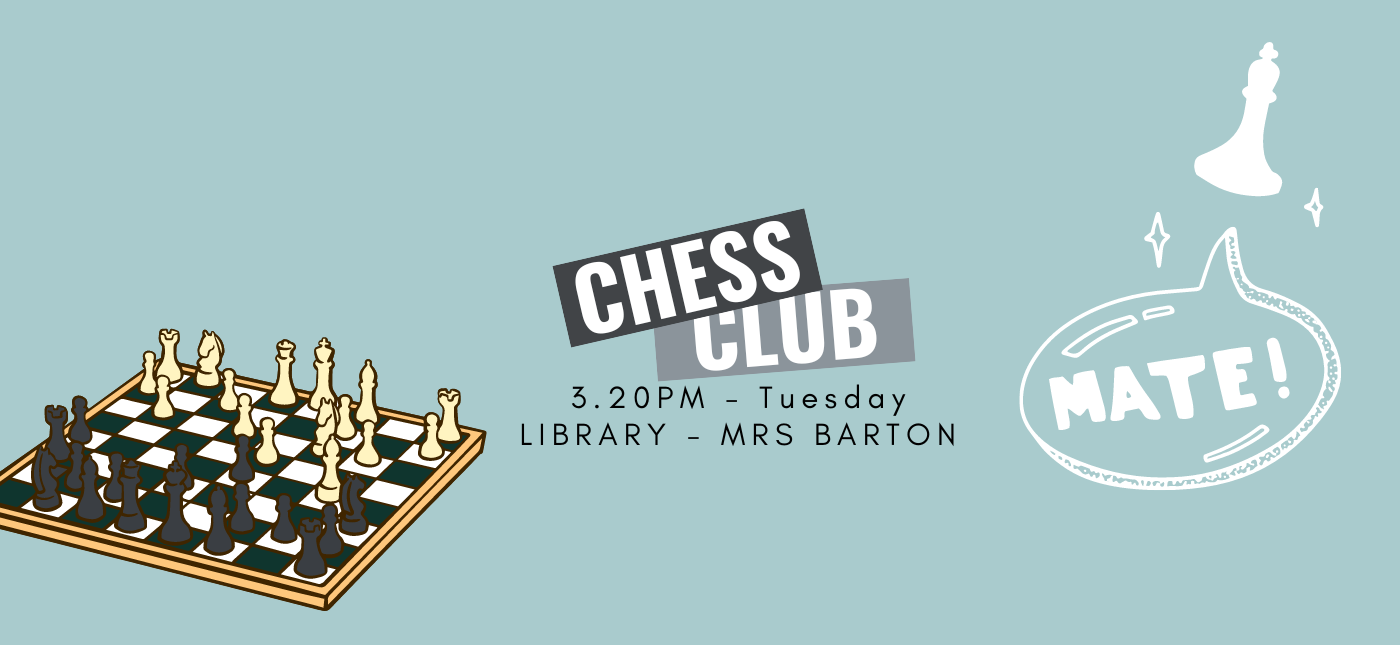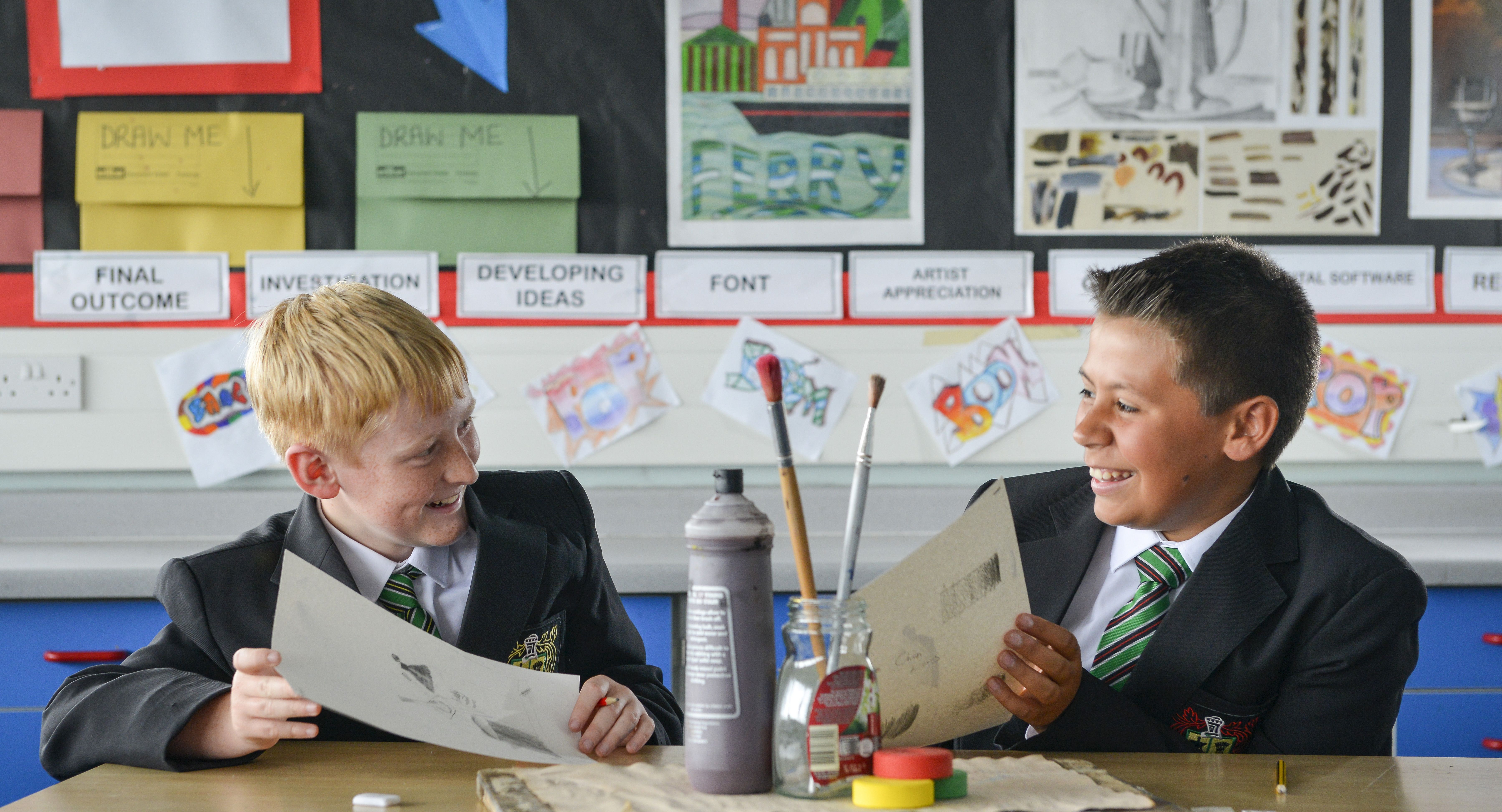ELSA Support
ELSA
ELSA, in a school environment, is known as an Emotional Literacy Support Assistant. Within this role, topics that are discussed include emotional awareness, anger management, self-esteem, social and communication skills, friendship skills, loss and bereavement, emotional wellbeing and any other emerging issues. Time spent within ELSA one to one sessions is not for enforcing discipline. These sittings are ideally used for students that are struggling with their emotions, which may be underpinning their behaviours. In addition to this, working closely with the students to see what could be causing their behaviour and develop an understanding and link between these and coming up with different coping mechanisms that can help with the students' individual needs and any problems that are surfacing.
There are many different benefits from Emotional Literacy Support and working with someone who is trained within this speciality on a one-to-one basis. Benefits of emotional literacy support are greater self-awareness, learning to talk about difficulties, coping strategies, greater self-esteem, managing better in school and students may feel that they have someone who will listen to them on their level.
Mr Platt – Emotional Literacy Support Assistant

Mr Platt is The Mosslands School’s Emotional Literacy Support Assistant. He works closely on a one-to-one basis with several students across all year groups at the school, with a dedicated timetable to supporting students. One-to-one sessions are dedicated to a weekly slot on a student’s timetable, but students are aware if they need to come up with an urgent issue, there is flexibility surrounding this. During a one to one ELSA session, Mr Platt will provide students with time to think/reflect in a safe environment in which they are comfortable and use their positive relationship that has been built on in the first few introductory sessions to allow students to be open with someone they can trust. In the sessions there will be a daily emotional check-in which will facilitate a discussion around their well-being. Following this, they will go on to cover some content depending on what topic they are discussing at the time. Towards the ending of the session, there is time to reflect on what was spoken about and time to wind down before students return to their next timetabled lesson.




